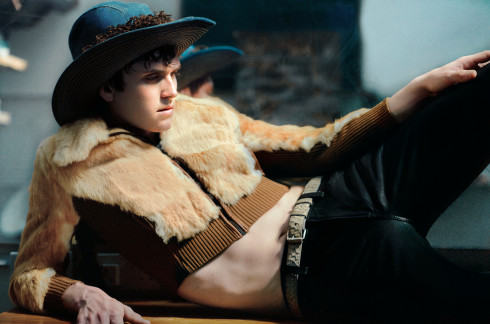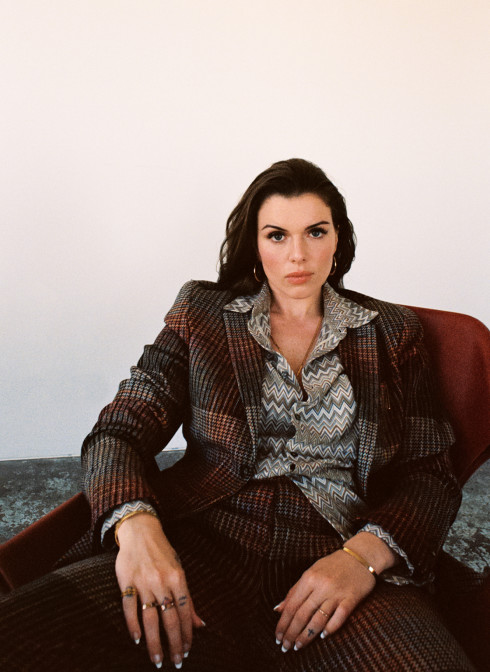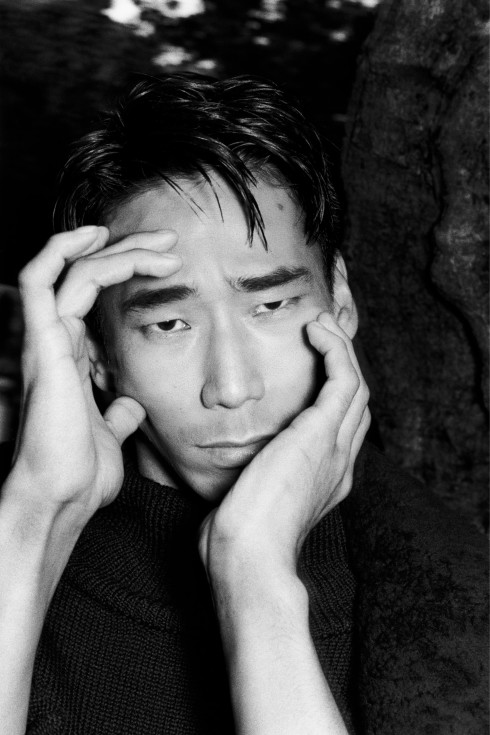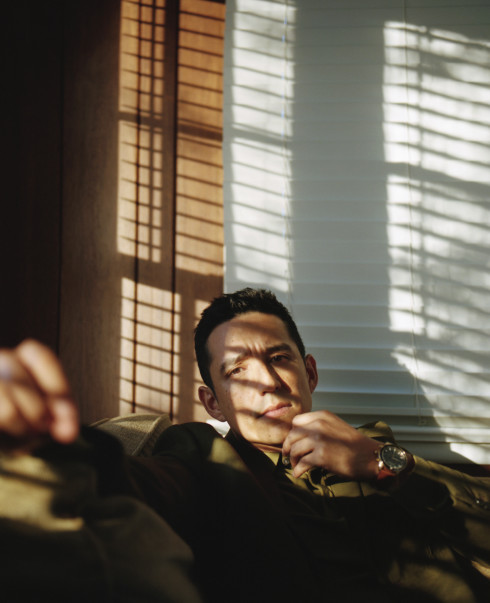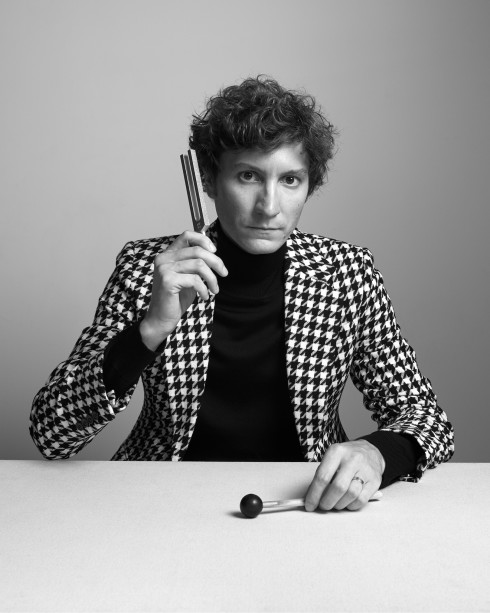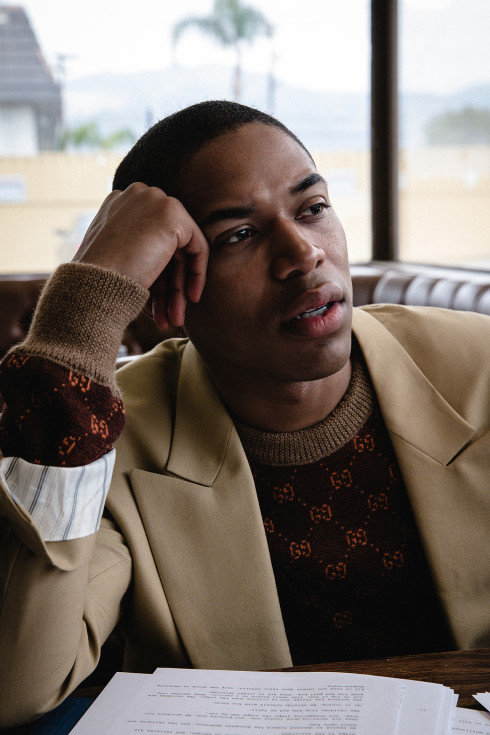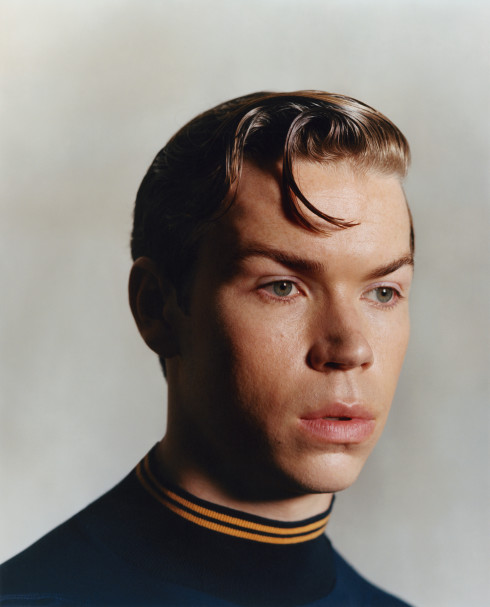
- By
- Rosie Dalton
NICLAS GILLIS TAKES ON SEXUAL EXPLOITATION IN A POWERFUL DÉBUT FILM
In the wake of the allegations against Weinstein and many others currently gripping Hollywood, tales of sexual exploitation have come to the fore more than ever before. However, there are still many stories of routine female oppression that remain untold, a disparity the Swedish writer and director Niclas Gillis is attempting to address. His latest film, “Hold Me Down,” follows a day in the life of a nineteen-year-old single mother who works as a stripper at an illegal nightclub in the South Bronx to support her child. The film, which has its American première tonight with the Nordic International Film Festival in honor of International Women’s Day, is based on the personal experiences of Unique Adams and features a cast of non-actors who are also survivors of sexual exploitation and domestic abuse.
This personal experience was particularly important to Gillis for the more authentic storytelling approach it offered. “I wanted to make a film that wouldn’t preach, but would make the viewer into a witness,” he explains. In a way, the short film also represents a reflection of his own experience—tracing back to when he first moved to New York nine years ago for college. While a student at SUNY Old Westbury, Gillis recalls being invited to what he thought would be a regular Harlem house party. “It turned out to be an underground prostitution event, similar to the one depicted in the film,” he says.
After witnessing a woman have sex with a stranger on the floor of a crowded room for a few dollar bills, Gillis says he was shocked by the apparent normalcy of it all. “I asked if she was okay and she told me she had a two-year-old daughter and that this was what she had to do to survive,” he recalls. “That experience really put a worm in my head, because we were both the same age, yet our realities appeared to be so radically different. I couldn’t understand what sort of country would allow for a young mother to have to go through this for her child and I wondered what would become of her daughter.” Most troubling of all, Gillis recalls, was the fact that her situation seemed so common. Both the women and men at the ‘party’ treated these events as if they were a daily occurrence.
“What I realized is that the underlying cause must be so deeply rooted to have affected such a large group of people for such a long period of time that it had become the norm,” he explains. That revelation ultimately led him to dig further into American history and, finally, to revisit one of those underground events—which apparently “happen every night of the week in Brooklyn, Queens, Harlem, and the Bronx.” It was there, at a barbershop-turned-strip club in Queens, that Gillis met Unique Adams, a young woman then pregnant with her first child.
Working with a passionate dedication to veracity, Gillis spent the next several months discussing with Adams the reality of her life and what she would want to express in a film if given the opportunity. She introduced him to her work, invited him along to events, and even taped dressing room conversations to help him study the language—from which ‘hold me down’ itself originates, meaning to have someone’s back. “We have to be the ones looking out for each other,” explains nineteen-year-old Tianna Allen, who plays the lead role in the film. Working closely with Adams and the non-actors cast in the film to tell their own stories, Gillis realized that he had an important opportunity to help raise awareness about American women living in poverty and the vicious cycle it entails.
Apart from the everyday hardships Allen’s protagonist encounters, “Hold Me Down” also touches on the lasting legacy of racial inequality in America. Volumes of research have shown that the effects of centuries of racial injustice continue to impact the living conditions of millions today—and violent sexual exploitation emerges as a commonality of daily life for some. “Almost no other country in the developed world has as great a disparity between the rich and poor as does America,” he explains, “and it is harder for someone in poverty to make it out of poverty than in almost any other developed country in the world.”
The film also aims to broaden the dimensions of a valuable discussion that is finally having its time. “The #metoo movement has been extraordinary,” Gillis says of the recent publicity these issues have received, “but the vast majority of people who suffer do so behind closed doors where they don’t have a platform to share their experiences, so I think it’s important to remember all of those who suffer outside the spotlight.” This affirmation is precisely what “Hold Me Down” seeks to do. For Gillis, the point was not to make a commercially successful film—although the release has already enjoyed critical acclaim in Europe—or to focus on the director himself, whom Nike labeled “the premier talent to watch” last year after he directed a video for the company starring the dancer David Hallberg.
Instead, “Hold Me Down” is a powerful film with an important message. “I wanted the women who really live this to have the opportunity to tell their own story,” he explains, “to raise awareness about the conditions they face and inspire change.” Indeed, in the four years they have been working on the project, he says many of those women have been able to turn their pain into pride, to overcome addiction, and even to gain some stability in their lives. “I wouldn’t trade that for anything in the world,” he says. So, ahead of the film’s hometown début tonight, Gillis is understandably anxious. Nerves aside, though, he is hopeful that, by turning the viewers into witnesses, he will also inspire them to act.
- By
- Rosie Dalton

